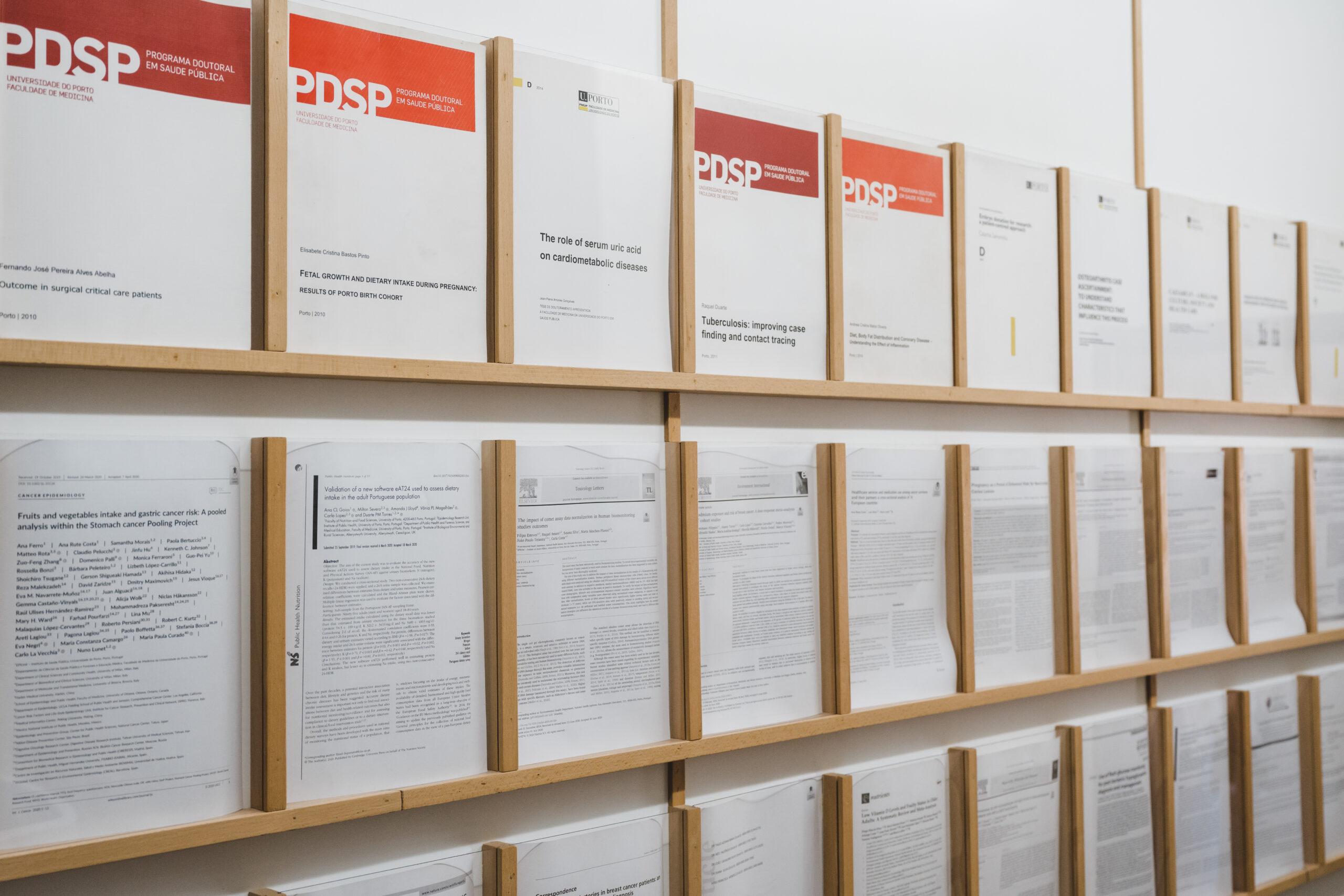Helping to prevent the cognitive decline of people who ata t risk of developing dementia is the objective of the “MIND – Multiple interventions to prevent cognitive decline” project, coordinated by the ACeS Porto Ocidental and conceptualized together with the Instituto de Saúde Pública da Universidade do Porto (ISPUP) and with 13 other partner institutions.
It is well known that people with dementia lose brain functions, usually memory functions, but also the autonomy to carry out everyday tasks. The condition of dementia is usually preceded by a stage known as mild cognitive impairment.
“With a mild cognitive impairment the individuals still can be autonomous to carry out their everyday tasks. But once dementia is reached, the situation is irreversible, and people usually need a caretaker. So, what we want to stop the evolution towards this condition”, explains Firmino Machado.
MIND has designed five free, non-pharmacological interventions to help prevent the onset of dementia in a group of users (50 in total) of the ACeS Porto Ocidental. Three of these interventions are highlighted in the literature as being effective in preventing cognitive deterioration in people who are at risk of developing dementia.
The project programme consists of: cognitive training (twice a week, for 1 hour each session); physical exercise stimulated by a sports physiologist (twice a week, for 1 hour each session); promotion of healthy eating (once a month, for 4 hours), with cooking classes and incentives to cook a healthy recipe and then taste it; hearing assessment at the start of the programme (with hearing aid offer if necessary); and adaptation to memory loss (once a month, for 1 hour), in which the users are taught how to use strategies to cope with the loss of memory or loss of other brain functions.
The interventions with users in the Western area of Porto are being developed in the Unidades de Cuidados na Comunidade Cuidar e da Boavista and in the Associação “A Beneficiência Familiar – Associação de Socorros Mútuos”.
According to Firmino Machado “The assessments of the users of ACeS Porto Ocidental started in the second week of September and the goal is to extend them for ten months. The conceptualisation of the project took place in January of this year and in July the users were recruited”.
On 20 September, the project received a merit award from the Sociedade Portuguesa do AVC (SPAVC) – one of the partner institutions of MIND – which also granted it financial support. On the same day, the formal presentation of the project took place, which brought together, for the first time, all the programme partners.
In addition to ISPUP and SPAVC, MIND’s partners are Faculdade de Ciências da Nutrição e Alimentação da Universidade do Porto, Faculdade de Desporto da Universidade do Porto, Centro Hospitalar Universitário do Porto, Centro Hospitalar Universitário S. João, União de Freguesias de Aldoar, Foz do Douro e Nevogilde, Associação Beneficiência Familiar, Neuroinova, Widex, Fruta Feia and Entreajuda.
It is worth highlighting that dementia is diagnosed in approximately 1 in every 100 people, over 55 years, in Portugal. At the moment, there are still no medicines that can help prevent the evolution of the mild cognitive impairment into dementia.
Image: Unsplash/WJ


